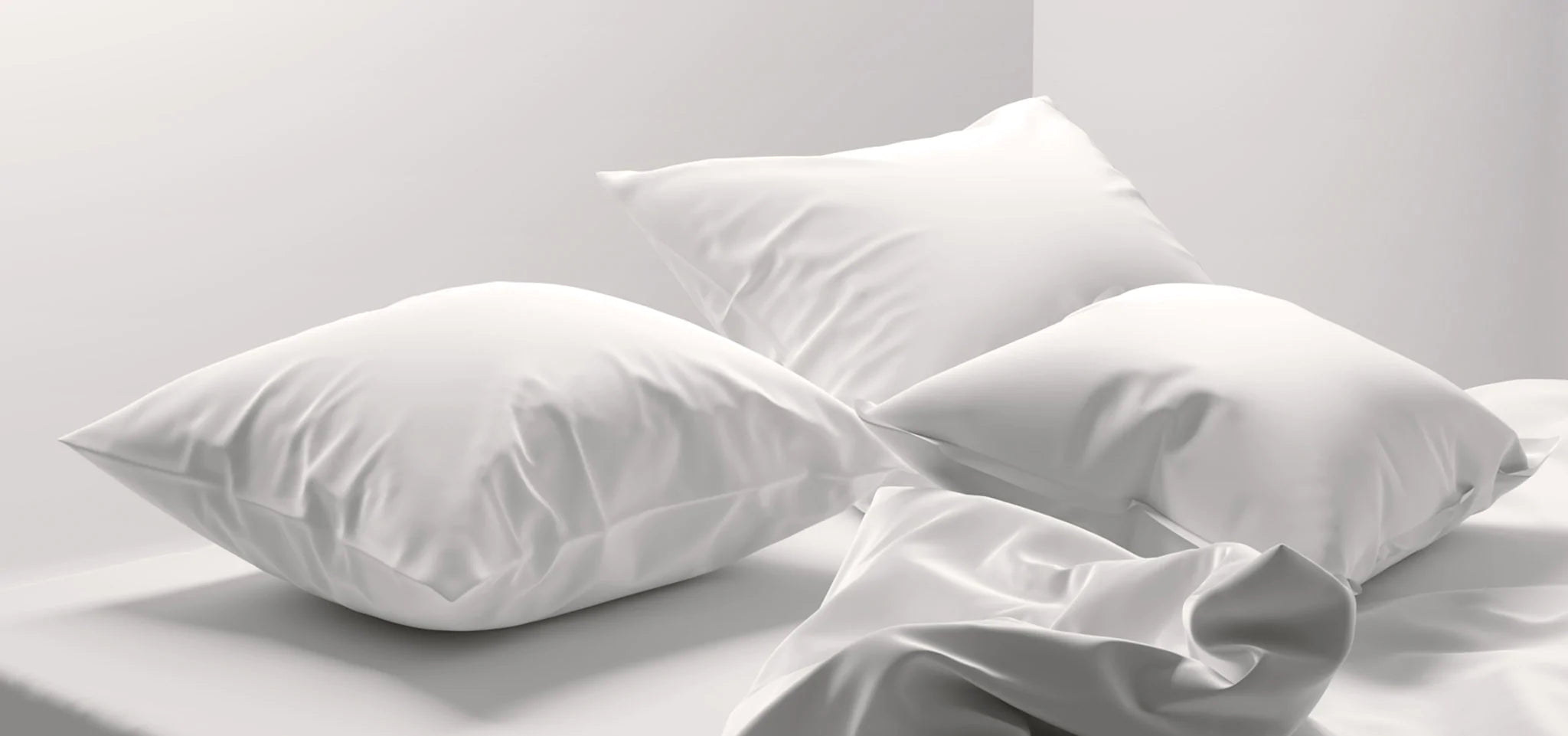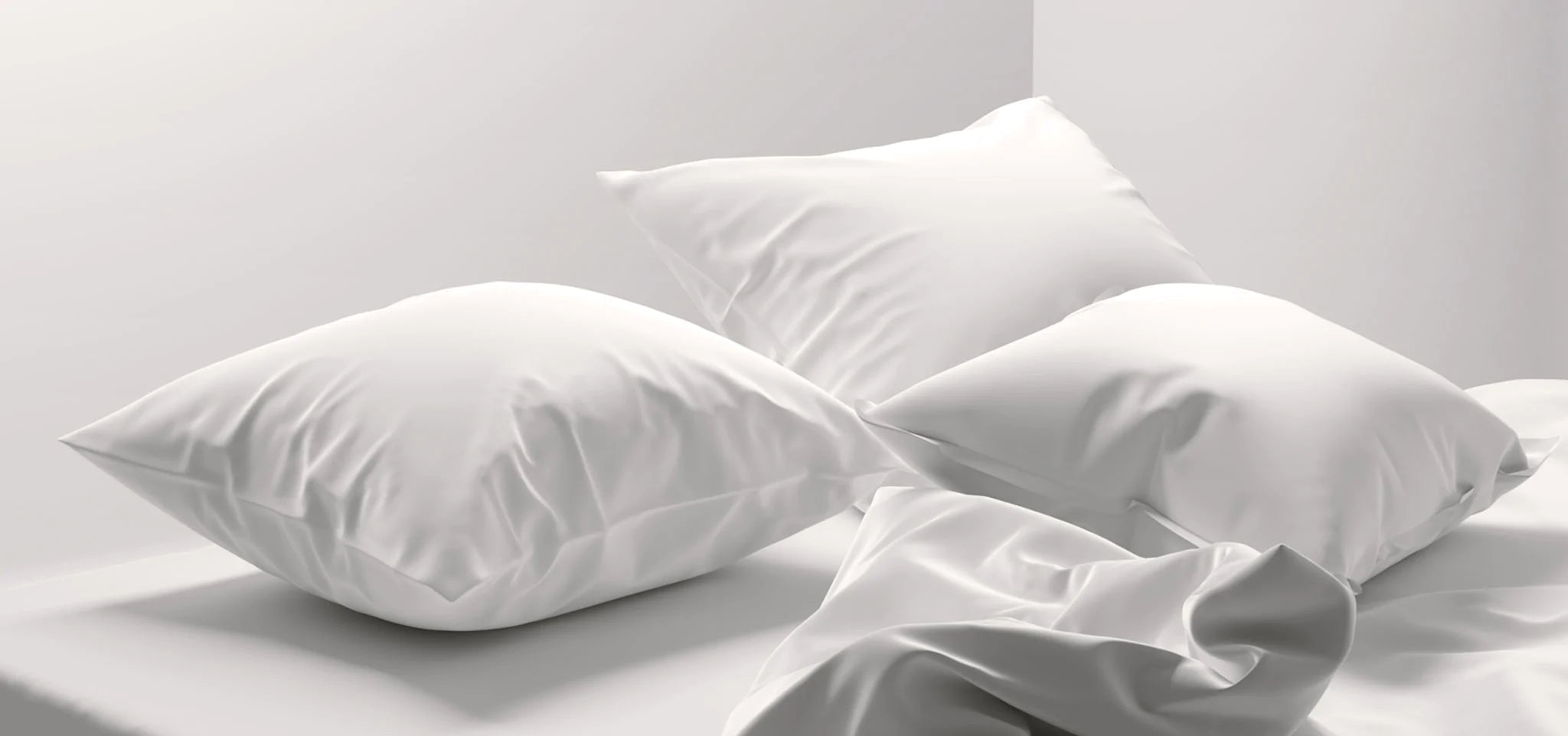Everyone knows it - you can't fall asleep and the longer you don't, the less likely it seems that you'll fall asleep anytime soon. This quickly creates stress: I have to get up early tomorrow and if I don't fall asleep soon, I won't be able to give the presentation tomorrow, look after the children or do any physical exertion. We give helpful tips for falling asleep, to untie the knot in your head and gently fall asleep.
7 tips for falling asleep: How to get a good night's sleep
mental clarity
Often the many thoughts in our heads do not let us rest. In the area of tension between work, family and leisure activities, many questions are unanswered in the evening and rob us of sleep. To counter this, it helps to create a list. A list of open items that you want to take care of the next day. In the process of writing, you kind of give up some baggage. Because now it is written in black and white what you want to do the next day and you can relax. Small trick, big effect.
Breathe
It also helps some people to focus on their breathing. Through a conscious and deep inhalation and a long exhalation, you will get into a state of relaxation. From then on, it's not far to sleep.
Relax by tensing
Our everyday life is characterized by little movement and long periods of sitting. This stresses our body and leads to shortening, which can easily turn into pain. So before you go to bed, do a few light stretches or yoga exercises to release tension. Stretch out your body, release blockages in your neck, do what is good for you.
Optimize your nest
The sleeping environment determines whether you feel comfortable and secure and fall asleep relaxed or whether you are burdened by clutter, light sources or disturbing noises and do not let yourself be immersed in the dream world. A state of well-being promotes falling asleep immensely. Also, avoid watching TV or working on the computer before bed.
Avoid caffeine and alcohol
Caffeine and alcohol can disrupt sleep and make it harder for you to fall asleep. Therefore, avoid consuming caffeine and alcohol before bedtime.
Feed the creature of habit in you
Establish a routine and go to bed at the same time every night. The more consistent your sleeping times and evening routines are, the better your body understands that it can now release melatonin, which causes tiredness. A solid sleep ritual will help you fall asleep and recover better.
Improve the hardware
Bedding can definitely make a difference, because it determines the sleeping temperature, which in turn is largely responsible for how you fall asleep. Since the room temperature, but also the body temperature, changes over the course of the night according to the sleep phases, we recommend adaptive bedding, i.e. bedding that adapts to the current microclimate - such as the smart bedding from SleepCOOL. These are able to absorb excess body heat, store it in the textile and release it again when needed. Pillows, blankets and the like serve as a heat buffer that ensures a balanced climate throughout the night.






